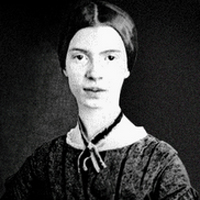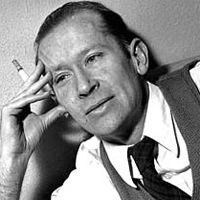Renunciation by Emily Dickinson: Summary and Critical Analysis
This poem Renunciation by Emily Dickinson describes a mood of calmness and tranquility. This is a symbolic poem which refers to Christ’s death. Lamb in the poem is very symbolic in the sense that it symbolizes the Christ. The poetess has referred to summer season in this poem. Tranquility prevailed everywhere. It was the most fruitful time for saints. The poetess hoped to achieve solaced to her soul.




